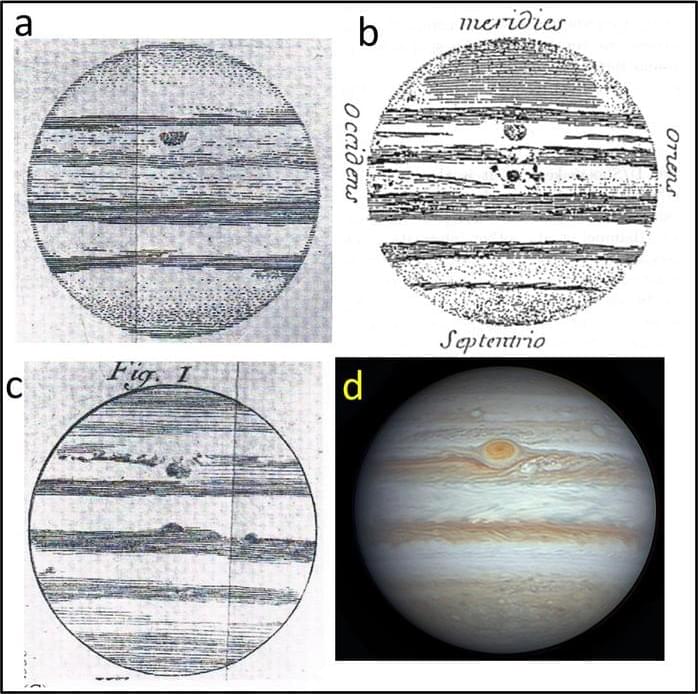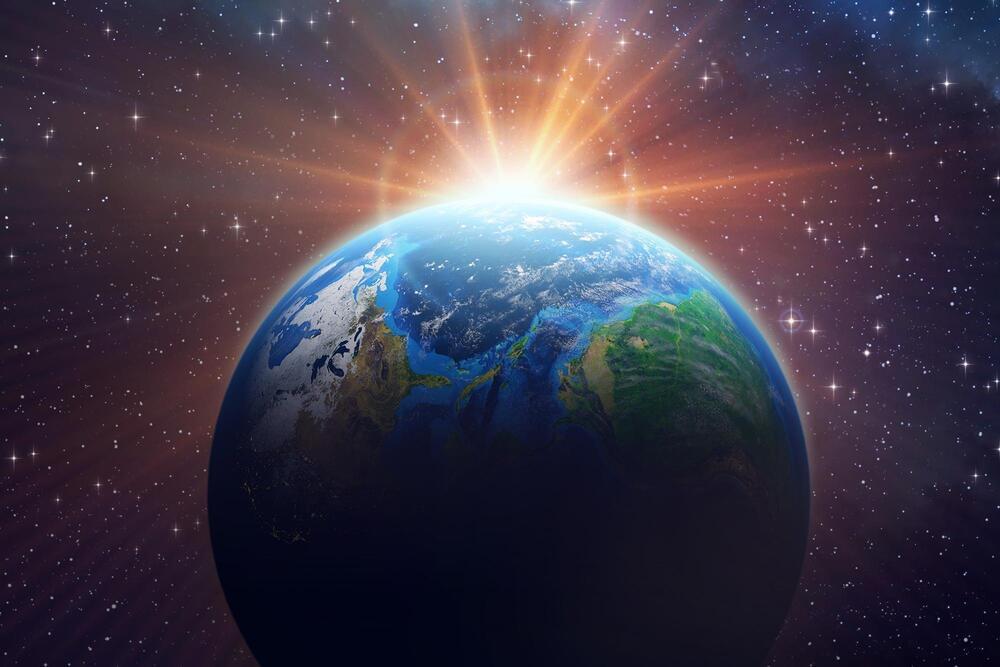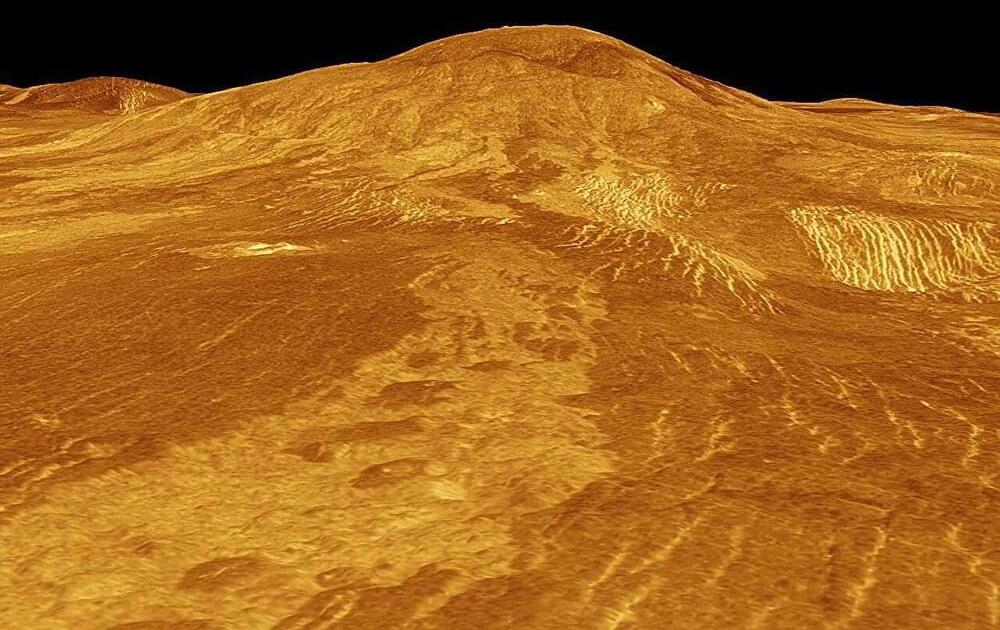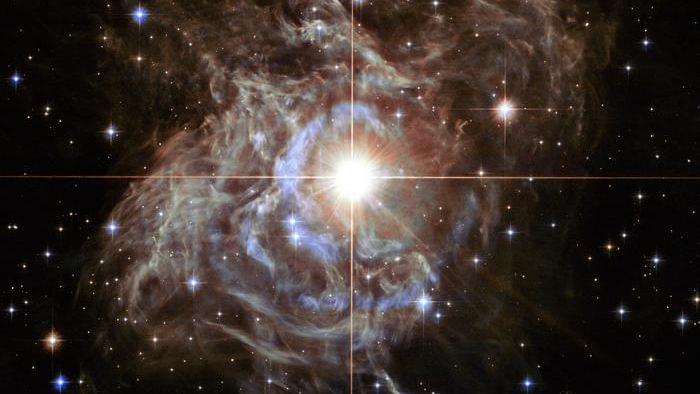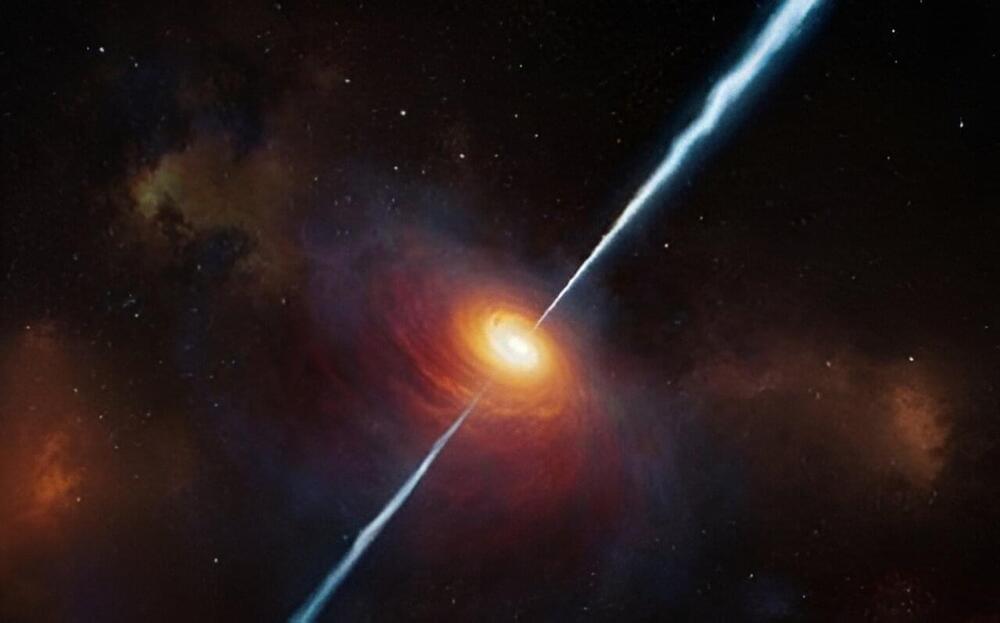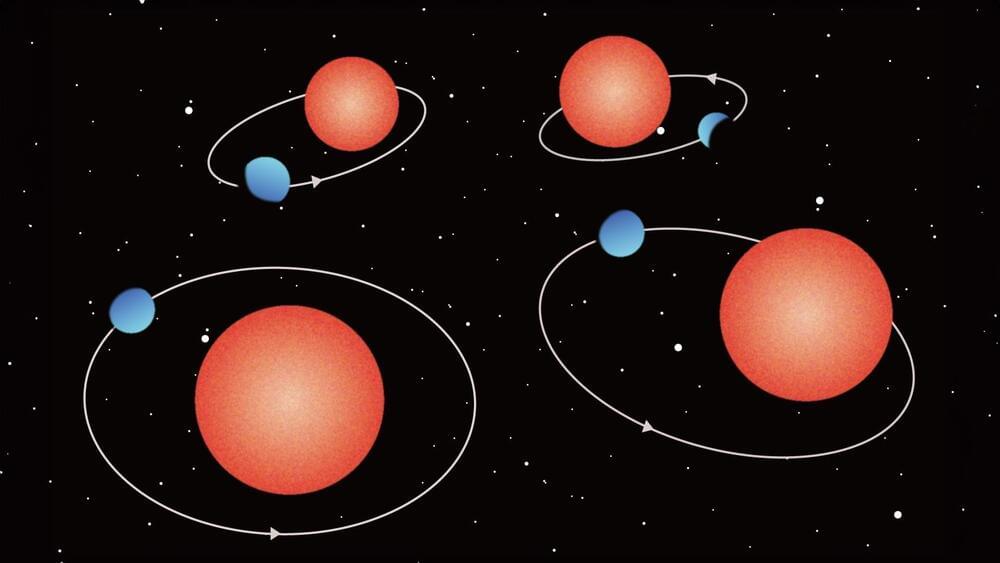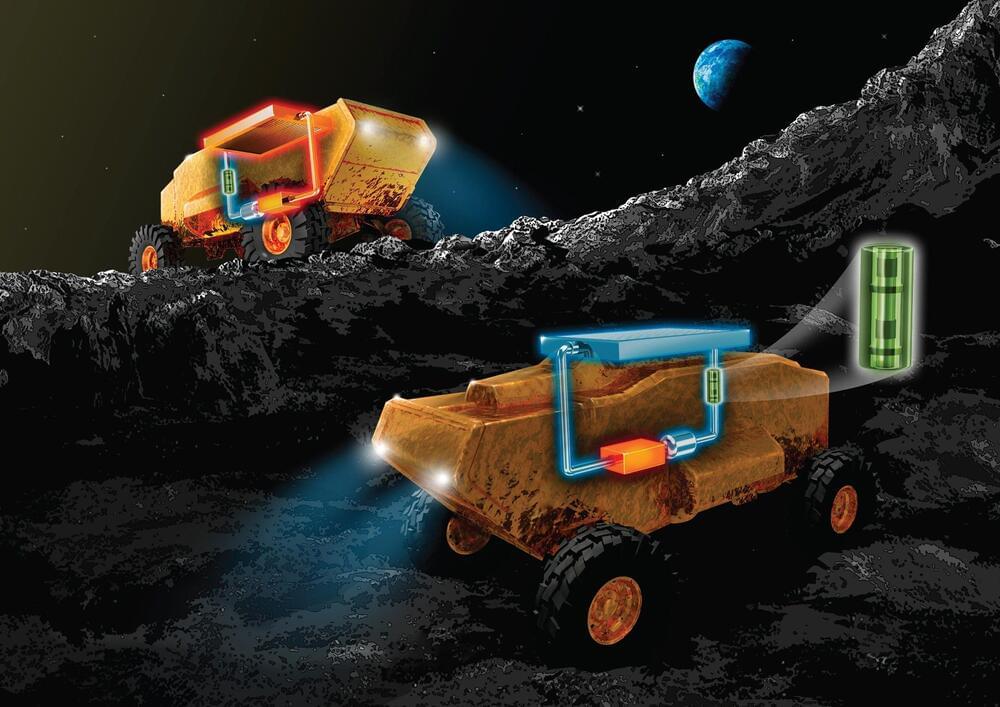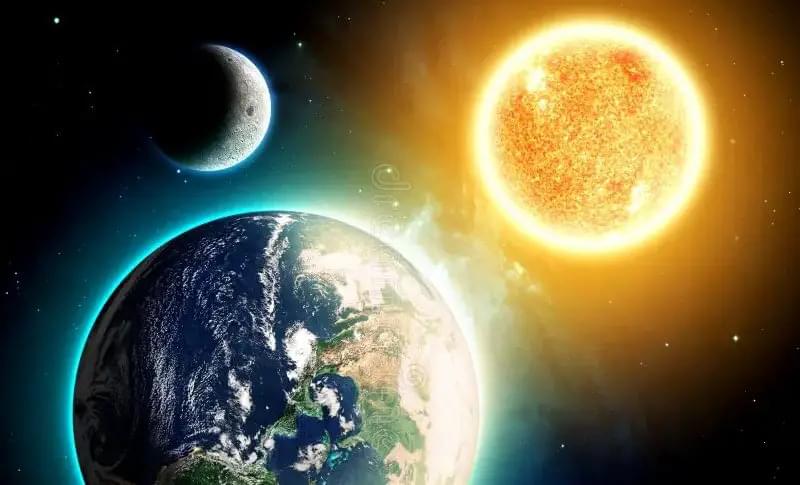Jun 18, 2024
Jupiter’s Great Red Spot: A Different Spot from Cassini’s 1665 Observation
Posted by Laurence Tognetti, Labroots Inc. in categories: computing, space
“It has been very motivating and inspiring to turn to the notes and drawings of Jupiter and its Permanent Spot made by the great astronomer Jean Dominique Cassini, and to his articles of the second half of the 17th century describing the phenomenon,” said Dr. Agustín Sánchez-Lavega.
Jupiter’s Great Red Spot was first discovered in 1,665 by astronomer Giovanni Domenico Cassini, and both scientists and the public have been awe-stricken by its beauty and the processes that created it. However, a recent study published in Geophysical Research Letters postulates that the famous spot we’ve adored for so long is not the same spot that Cassini observed centuries ago. This study holds the potential to help astronomers better understand the formation and evolution of Jupiter and the massive cyclonic storms that comprise its giant atmosphere.
For the study, the researchers analyzed historical records of both the initial discovery from Cassini, which was dubbed the “Permanent Spot” (PS) and was observed until 1,713, and the Great Red Spot (GRS), which was first observed in 1831. Combining these historical records with computer models, the researchers determined that the size changes and movements over time of PS contrast those of GRS.
Continue reading “Jupiter’s Great Red Spot: A Different Spot from Cassini’s 1665 Observation” »
